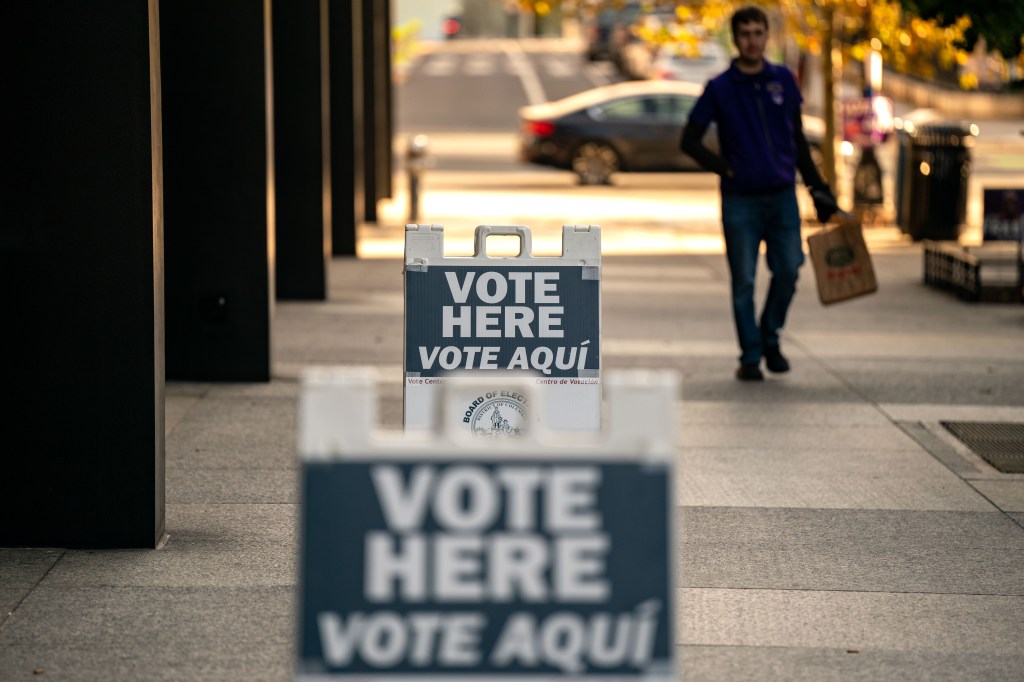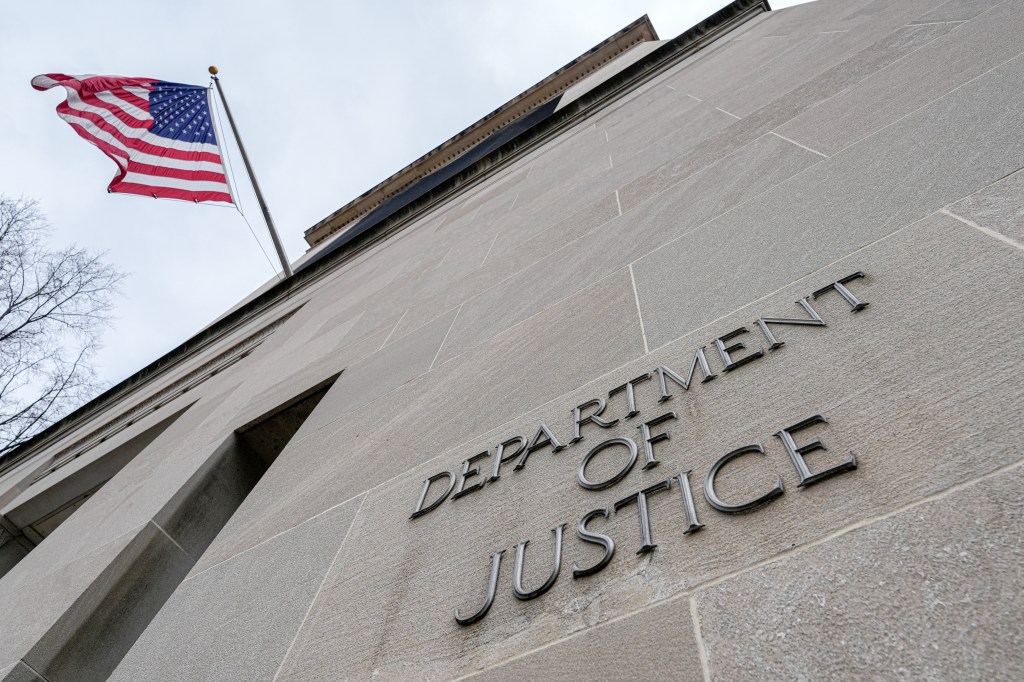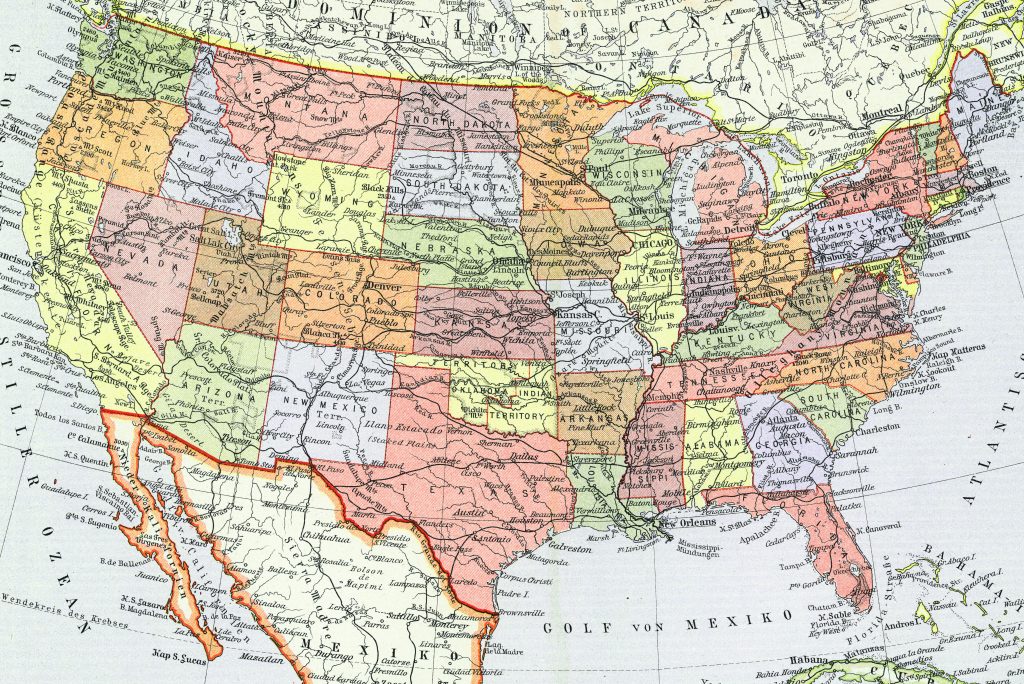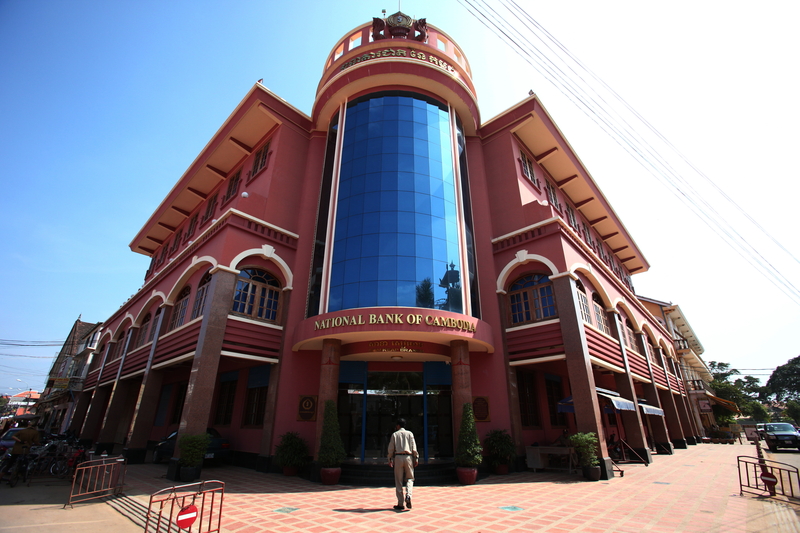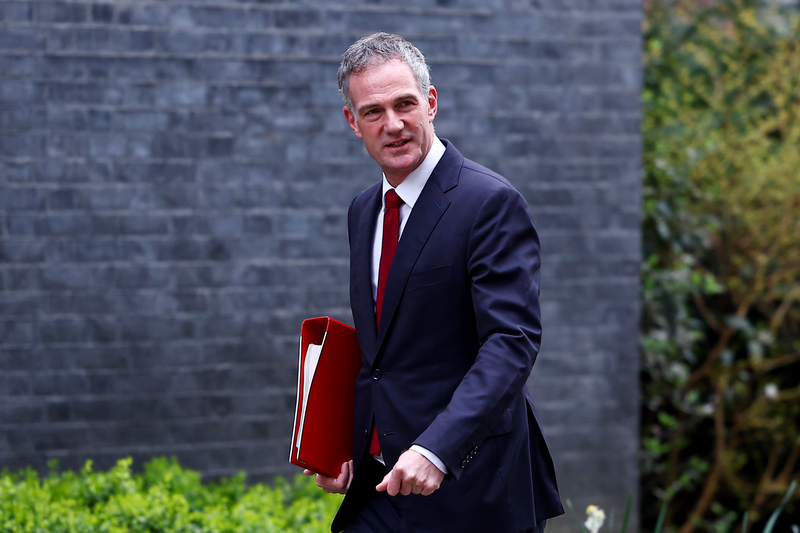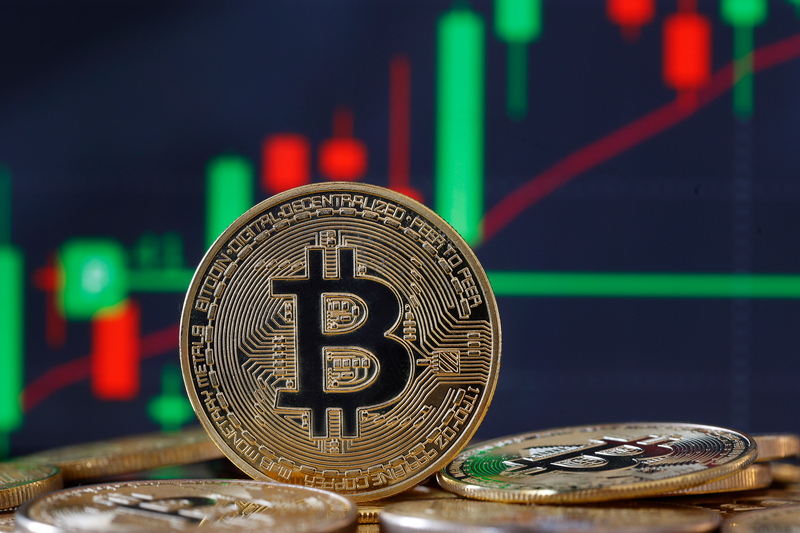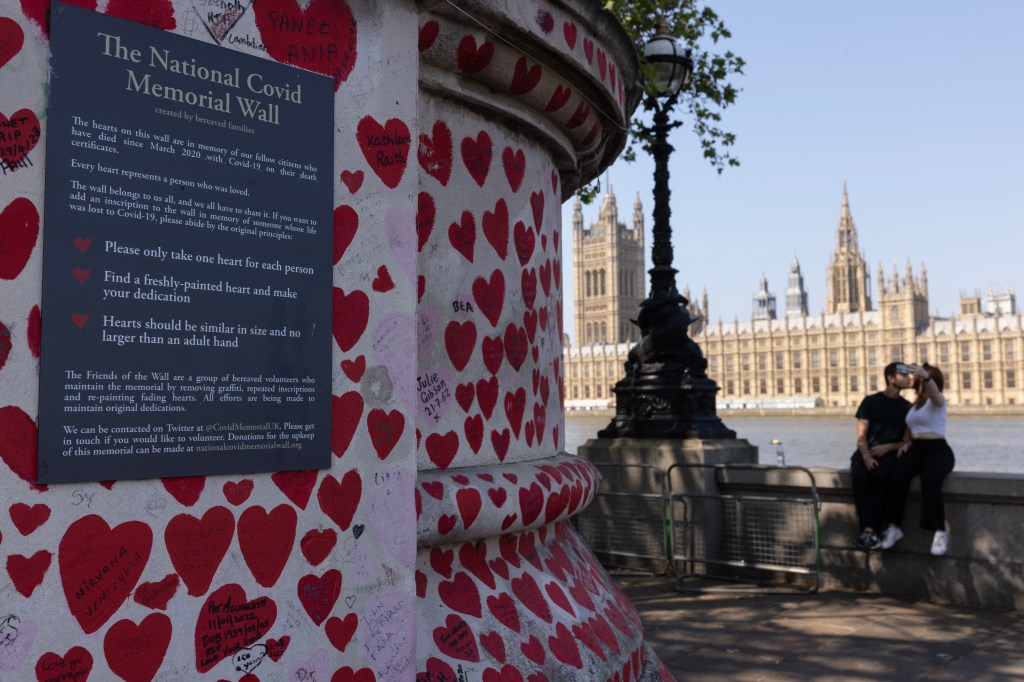There have been some appalling repercussions of fraudulent COVID-19 relief loans. These were provided as part of UK government efforts to keep businesses afloat during the COVID pandemic.
Fraudulent loans
Some of these loans, backed by the public purse, were shamelessly exploited by the dishonest, leading to estimates of huge losses. It also caused the Government’s then-anti-fraud minister, Lord Agnew, to resign in 2022 over a £4.3 billion write off ($5.5 billion) of such loans.
Clearly, the UK government needed to be seen to be doing something about the threats to the economy at the time. Some £77 billion ($98 billion) was handed out by banks in state-backed loans to support companies during the pandemic. Today, according to government figures, the value of suspected fraud varies: in November, it said £1.8 billion was lost ($2.3 billion) to fraudulent loans. Figures released by the government in April suggested around £10 billion ($12.7 billion) had been lost to the taxpayer from “fraud and error” on COVID support schemes.
These numbers are large, but pale alongside early estimates by the National Audit Office, the spending watchdog, which said that the true figure for COVID-19 loan fraud could be as high as £26 billion ($33 billion). A 2023 NAO report later revealed that the amount of fraud in government expenditure it audited rose from a total of £5.5 billion ($7 billion) in the two years before the pandemic (2018/19 and 2019/20), to £21 billion ($26.7 billion) in the following two years.
Directors’ misconduct
In April 2024, the Insolvency Service published information indicating that more than 800 company directors had been disqualified for abusing COVID-19 support schemes. Specifically, during 2023/24, a total of 831 directors were banned for COVID-19 financial support scheme misconduct, with an average disqualification period of more than nine-and-a-half years.
Of particular note here is The Bounce Back Loan Scheme, which was introduced in the UK at the start of the pandemic in 2020. It helped small and medium-sized businesses borrow between £2,000 ($2,538) and £50,000 ($63,500) at a low interest rate, guaranteed by the government. Businesses were entitled to a single loan of up to 25% of their turnover under the scheme. Individuals could only use the loans for the economic benefit of the business and not for personal purposes.
Let’s be clear, the UK government was not alone in finding itself in a jam when the COVID-19 pandemic hit and businesses were faced with potential closure. Numerous countries across the globe implemented similar schemes to protect their industries’ and businesses’ future viability. But many, including those in the US, were ruthlessly exploited.
This was a situation so unusual and so severe that there was no template to follow … The unscrupulous saw an opportunity.
The UK’s various schemes were put together in a rush, some ill-conceived, often implemented and governed poorly. But given the circumstances, I am not going to criticize the government too harshly for that. This was a situation so unusual and so severe that there was no template to follow. It must also be remembered that for all these failings, the schemes – which supported small businesses, the self-employed and many others – were noble in their intentions.
It is sad, therefore, that the unscrupulous saw an opportunity in all this and seized it. It is equally depressing that many of those who exploited the funding may never been in trouble with the law and were of previous good character. Sometimes the temptation in such circumstances proved to be overwhelming. Conversely, there will be those who had plenty of experience of defrauding and stealing and who gleefully jumped on the passing bandwagon to help themselves to the public purse.
The point is: if you acted dishonestly, regardless of whether you were an opportunist or a professional thief, you need to be concerned that the authorities will eventually catch up with you. If not, there is no deterrent and others will be watching and thinking that they too can try their luck, perhaps in other criminal enterprises.
UK conceding the fight to recover COVID funds?
It is becoming apparent that the UK authorities are in danger of conceding the fight to recover the funds lost during the pandemic and to bring the culprits to book. Why? Because the cost of doing so might outweigh the benefits, according to some experts.
Another problem is the significant divergence over the true cost of fraud on the government’s COVID loan support schemes. Indeed, one could hypothesise: “Have the losses been downgraded from £26 billion ($33 billion) to £1.8 billion ($2.7 billion) to make the impending decision to cease investigating and prosecuting the COVID fraudsters more palatable to the public?”
For reasons that escape me, most of the investigations and prosecutions of COVID loan fraudsters have fallen to the Insolvency Service. Between April 2022 and May 2023, the Insolvency Service undertook 172 investigations, with nine successful criminal prosecutions and just over £1m ($1.3m) in cash recovered. A pitiful sum.
Meanwhile, according to a Public Accounts Committee report published in September 2023, three years on from the provision of £22.6 billion ($28.7 billion) in business support schemes in the pandemic, the government had recovered only £20.9m ($26.5m) by May 2023 – or less than 2% – of what it said was an estimated £1.1 billion ($1.4) in fraud and error losses.
Regardless of which figure we apply to the calculations, the UK has recovered a paltry amount from COVID loan fraud.
Key takeaway
So, what is the takeaway from these statistics? It is simple: once again the UK government has failed to go toe-to-toe with the fraudsters, crooks, and lowlifes who exploited resources that could have been better spent on personal protective equipment (PPE), hospitals and public services during a national health emergency. It is a classic example of why fraud is not a victimless crime. In this instance it is the taxpayer that has suffered, along with the services we all pay for.
In addition, with all due respect to the Insolvency Practitioners (IPs) out there, IPs are not law enforcement detectives or investigators. Plus they are a comparatively expensive option. Banning 831 people from holding directorships is all well and good, but where is the money they stole and why are they not in prison? Daniel Staunton, an associate in Kingsley Napley LLP’s restructuring and insolvency practice, told Law360 that these disqualifications were “likely a drop in the ocean compared to the scale of abuse.”
Again, I understand the need to be seen to ban crooks from being directors, but the reality is that such crooks can put up nominee “frontmen” and simply work around the problem of any bans. Crooks tell lies.
Does anyone honestly believe that banning a criminal from holding a directorship is going to stop them from making a living by exploiting UK limited companies? These can be bought off the shelf for peanuts, using nominees to front criminal enterprises.
What these scenarios demand is a joined-up approach: regional squads made up of police detectives, tax (HMRC) and Department of Work and Pensions (DWP) investigators, plus any other government agencies deemed pertinent. If needs be, they could work closely with the IPs, whose additional powers could then be better utilised.
Criminal prosecutions lead to proceeds-of-crime hearings and confiscations. Crooks can be jailed and stripped of their ill-gotten gains. As importantly, these proceedings become the deterrent, and ensure that those who overstepped the mark do not sleep easy at night, with the Sword of Damocles hanging over their heads.
UK law enforcement is equipped to take on the task if there is the political will to do so.
Instead, the UK government continues to talk in soundbites in its forlorn attempt to cover up the cracks in its response to the fraud problem in general – and COVID fraud in particular. In my view, it is unacceptable that these frauds go unpunished. But whoever is advising the government in this area is probably making matters worse and it’s likely the public can probably see through the charade.
Speaking to Law360, Daniel Staunton said that the scale of fraud inevitably suggests that the authorities are “just not equipped to deal with (it)” and that “Ethically or politically it may be unattractive to say you should cut your losses, but there will come a point where the government may have to divert resources elsewhere.”
I disagree. UK law enforcement is equipped to take on the task if there is the political will to do so. This isn’t about cutting losses: this is about taking the fight to the fraudsters and showing some spine. I am not naive; I appreciate better than most that funding is limited.
But ask the question: why is it limited? In this instance, it is because billions have been lost to COVID fraud. How many cops, nurses, firefighters and paramedics would even the lowest COVID fraud estimate of £1.8 billion ($2.3 billion) pay for? Kicking the problem into the long grass, in the hope that everyone will forget it ever happened, is what the criminals desperately want.
The UK has a serious problem here, and it cannot be seen to simply walk away from the situation.
I am not suggesting that large swathes of lost cash will be recovered, nor am I suggesting that thousands of crooks will go to prison. All I am advocating is that this a gilt-edged opportunity for the UK government to strike the fear of God into those who helped themselves to public resources. That value is in the creation of the deterrent.
Tony McClements is head of Investigations at Martin Kenney & Co (MKS), an international asset recovery litigation practice based in the British Virgin Islands.


